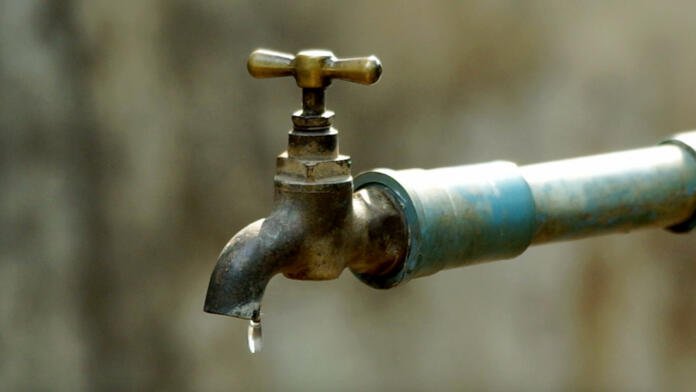ANCIENT humans often settled near water. Roughly 12 000 years ago, people started to practice agriculture and animal rearing. One of the earliest examples is Jericho in Israel, considered the oldest still-active city in the world. Ten thousand years ago, the first people settled there to use natural springs that still run today. But even older sites, such as the mysterious Göbekli Tepe in Turkey, shows human settlement and trade activity around rivers – it’s believed people abandoned the site after local river patterns changed.
Taming water for civilisation
Archaeologists have uncovered many early examples of water management and sewage systems from the early copper age that started roughly 6 000 years ago. The ancient city of Mohenjo-Daro, today in modern Pakistan, had channels to supply drinking water and remove wastewater directly from buildings. The Qin and Han dynasties built water and sewage systems in China’s Yellow River valley. In Central America, Mayans carved cisterns and tunnels out of bedrock that created the earliest pressurised water systems we know of.
The Minoans, on the island of Crete, built some of the earliest known public waterworks. But perhaps most famous are the enormous Roman aqueducts that fed water to millions of people – the Acqua Vergine aqueduct still transports water today!
Sanitation becomes important
Even though the Romans could move water, they did poorly at keeping it clean. For example, they used cramped public toilets without washing their hands. Although cities have used open channels to move wastewater for thousands of years, it was only around the 1300s that covered sewage tunnels appeared to help control the smell.
Then, 400 years ago, Sir Francis Bacon applied the scientific method to experiment with water and explain different purification techniques. Not long after, the Dutch scientist Antony van Leeuwenhoek used a microscope to discover waterborne bacteria. Eventually, humans realised that dirty water leads to diseases such as cholera.
Water from the tap
We have found examples of ancient taps made by the Romans and later civilisations. But taps back then served different purposes: water pipes were rare and expensive, so most people collected water with buckets. Taps were primarily valves to manage water distribution or drain storage barrels (hence the name ‘tap’, for when a faucet is ‘tapped’ into a barrel).
People started adding taps into homes as waterworks and pipe networks became more commonplace in the 1700s and 1800s. The French emperor Napoleon had massive waterworks built to serve the growing cities of his realm.
Thomas Grill in the 1800s invented the first screw tap – the grandfather to modern taps. Now we could control the flow of water to an incredible degree.
Water today
When you open a tap and water pours from it, that results from thousands of years of innovation. Today, we get clean water through gigantic and complicated water networks that pump billions of litres of water to serve millions of people.
Thanks to these efforts, fewer deaths are due to diseases such as cholera. Today, we see water as a basic human right, but we shouldn’t take it for granted. We’re looking for trouble wherever we neglect our water infrastructure or treat water as an infinite resource. Xylem’s mission is to solve water for all. We focus on the innovation, design, delivery and support of water infrastructure that supports everything from large waterworks to water coming out of residential taps. For Xylem, water and prosperity are inseparable.
- For more information visit: www.xylem.com.
